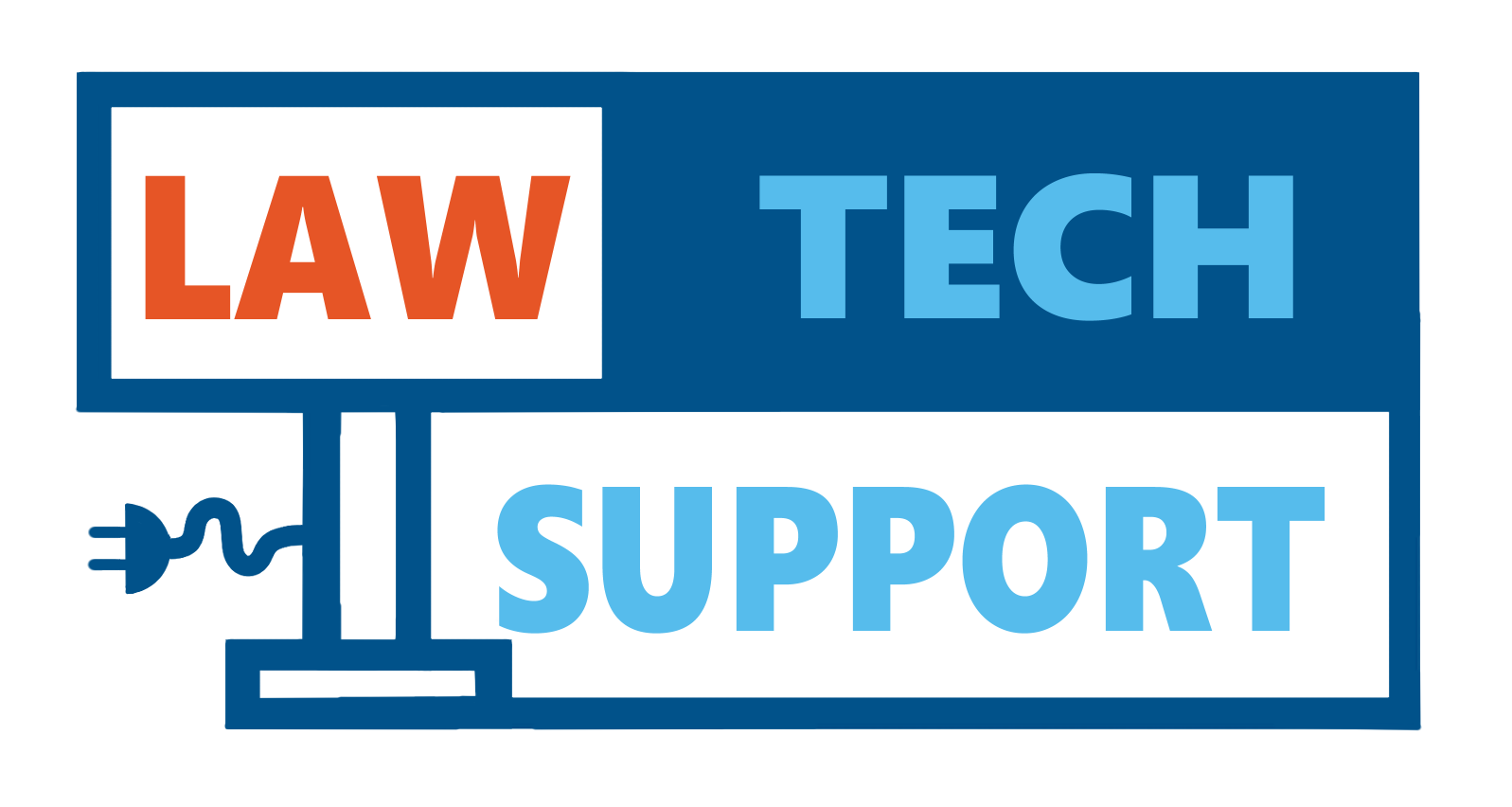CALI (The Center for Computer-Assisted Legal Instruction) is a resource provided by Pepperdine School of Law for students that includes over 1,000+ interactive online tutorials written by law professors, on over 40+ subject areas. This article is a reminder of the incredibly useful resources available in CALI, as well as the suggested use of the program in your classroom. The information provided below is taken from a post by CALI’s executive director, John Mayer.
For notes on CALI for students, such as what the software is and how to find your registration code, please click here.
1. CALI Lessons are interactive, engaging and provide students with variety in learning experiences.
CALI Lessons are written by Law faculty and intend to teach and quiz the students through hypothetical situations. The interactive readings and tests quiz them on genuine understanding to ensure that the students selected correct answers for the right reasons. Modeled on Socratic Dialogue, the questions asked are meant to steer a student’s thinking in a nuanced direction.
2. CALI Lessons are quick and can be used as topic-introductory assignments or fillers within a lecture.
Each lesson is designed to take approximately between 20 and 40 minutes to complete, which is perfect for bite-sized material that allows natural breaks. This allows students to utilize CALI Lessons before class assignments, in preparations for exams, or even when the professor is unavailable to attend class. While students are still exposed to rigorous concepts and nomenclature, they are not meant to overwhelm the student and actually provide immediate feedback to aid in studies.
3. With CALI LessonLink, professors may track student progress and results.
Law faculty has the ability to create unique links to specific CALI Lessons they wish their students to take. Students receive feedback on every question, as well as a final score that informs them on their skill level in a certain legal topic; with LessonLink, faculty has access to all of these personal statistics to access their students knowledge on any given subject.
